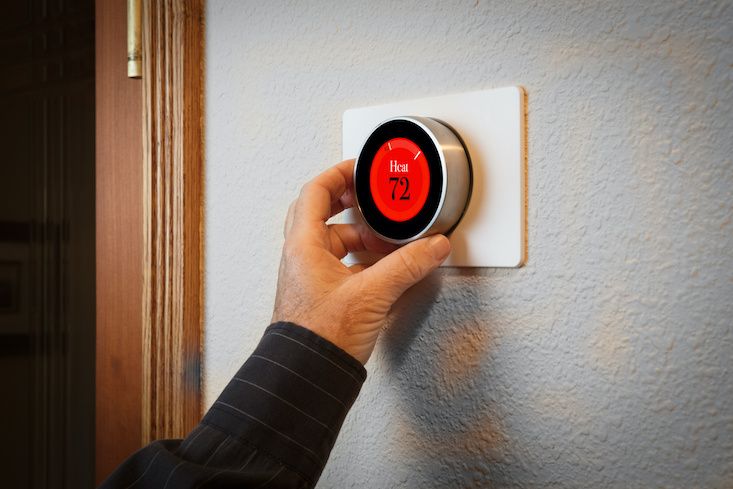People are buying smart thermostats, and installing them on their own
Nearly 15 percent of U.S. households with broadband connections will purchase smart thermostats in the next 12 months. These devices not only keep your home warm or cool but can also be controlled through a smartphone, hub, or other Wi-Fi-connected device like a smart speaker.
Read More:
- Honeywell Home T9 Smart Thermostat & Smart Room Sensors Review
- Best-connected, money-saving smart thermostats
- GearBrain's 2019 favorite connected gear of the year
The data about smart thermostats comes from Parks Associates, a research group that follows and tracks the adoption and usage of smart home products in U.S. broadband homes.

Smart thermostats may be a popular addition to a living space, but as an added feature they can be complicated to install, far more difficult than a smart speaker that just needs to connect to your Wi-Fi and into an electrical socket. Putting in a smart thermostat requires handling electrical wiring, often breaking into walls, or at the least removing an existing thermostat — a process that many people have never encountered in their lives.
Still, more than one-third of people plan to install a smart thermostat themselves, handling the details like a C-wire, the common wire that ensures that power continuously flows to the smart thermostat. Knowing whether you have a C-wire among the slew of wires behind an existing thermostat can also be confusing.
Smart thermostats connect over W-Fi and not only control the heating and cooling in a home, but they can also be scheduled at certain times, turned on automatically, or, frankly, whenever you want. Being able to manage when a house is heated or cooled not only adds to the comfort of someone's life—but it can certainly also save people money, heating and cooling at optimal times.
According to Parks Associates data, the majority of people who are buying smart thermostats still want some professional advice, with 67 percent choosing to buy these products at a store. Further, 18 percent of those buyers will also opt to have the retailer install the smart thermostat.
However, a quarter of people will instead turn to a home security company to install a smart thermostat, likely as part of a full-service offering.
"Smart energy solutions deliver immediate value propositions in cost and energy savings, so smart thermostats have long been a leading device in the smart home ecosystem, although growth in adoption has stagnated recently," said Chris O'Dell, research analyst for Parks Associates, in a statement.


